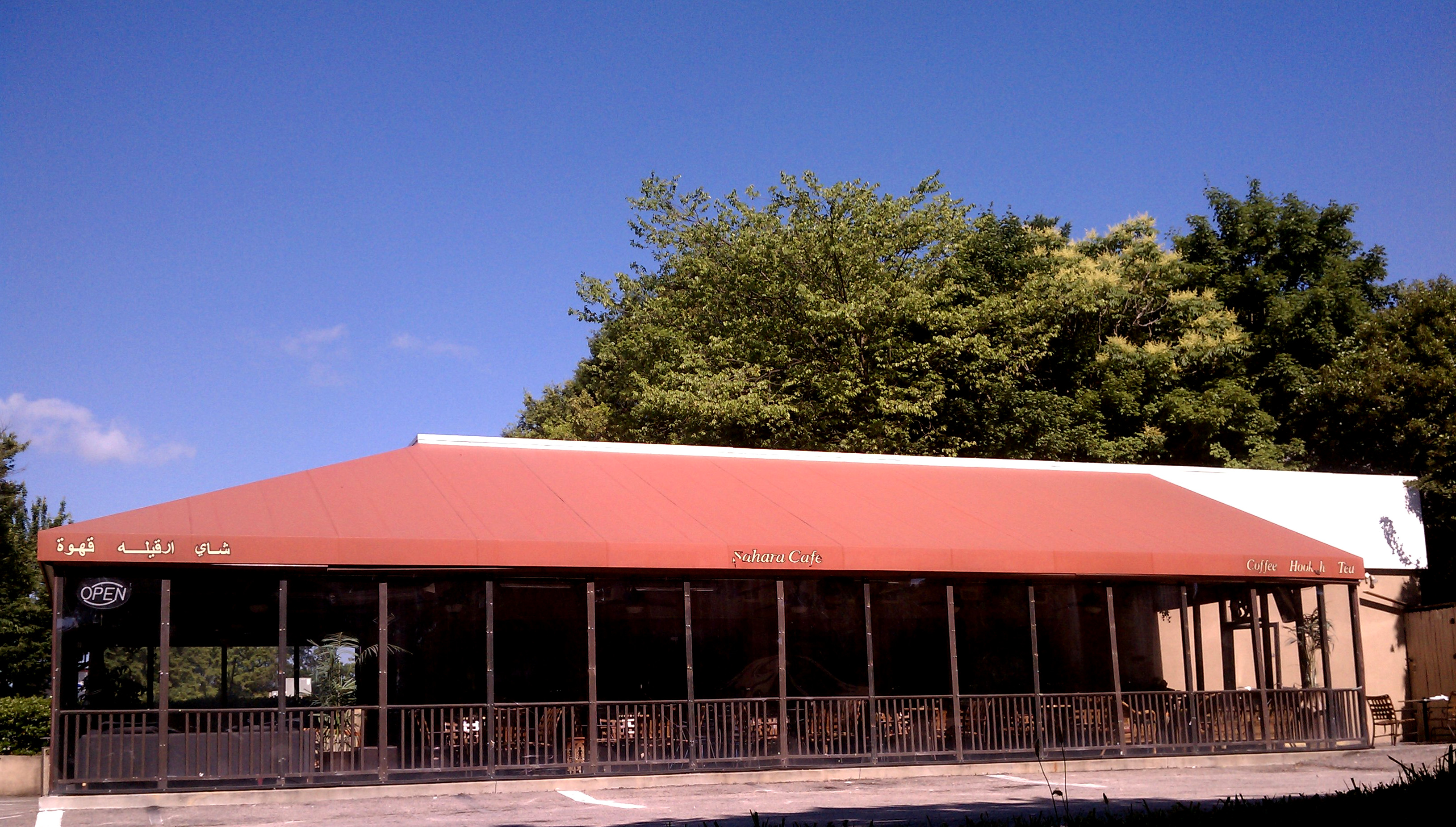Some neighbors are calling for the closure of a popular Glenwood South hookah cafe, but the owner insists he can’t control what happens off his property.
City Councilors on the Law and Public Safety Committee heard from residents who say that customers of the Sahara Hookah Cafe on the corner of West Peace Street and North Boylan Avenue are taking over the neighborhood.
Sahara co-owner Naser Shamma said there are no problems inside his cafe, which serves flavored tobacco and coffee. With the exception of some desserts, Shamma said his cafe doesn’t serve food or alcohol and doesn’t have any amplified music.
Neighbors insist that late-night bar hoppers from the Glenwood South district are making their way up to the hookah cafe after the bars close at 2:30 a.m. Sahara closes at 3:30 a.m. Many customers are parking in front of their houses, or in the parking lot of the nearby Partnership Elementary School, where they are eating, drinking, playing loud music and engaging in suspicious activity.
Boylan resident Tom Pierce said he has had nine potentially violent encounters with people causing a disturbance in his neighborhood, but he was only able to confirm that three were customers of the cafe. Pierce said he believes he has a friendly relationship with Shamma, but has noticed an escalation in the trash, noise and overall negative attitudes since 2010.
“Their bravado and sense of ownership has escalated exponentially,” Pierce said of the people coming into his neighborhood.

The Sahara hookah bar on the corner of Boylan and Peace Streets. Photo by Jennifer Wig.
Neighborhood resident and community activist Phil Poe called for the Sahara to be shuttered.
“If you unplugged the Sahara the problems would go away,” Poe told the committee.
Shamma said he is willing to do whatever it took to appease the neighbors, but insisted that he can’t control what happens outside the doors of his cafe.
“I can’t teach people how to behave with neighbors,” he said.
Neighbors expressed their frustration that Shamma has promised to work with the neighborhood for years, but nothing ever came of it.
City Attorney Tom McCormick said the city has few options to deal with the problems. While the City Council has the authority to shut down businesses it deems to be a constant nuisance, McCormick said the problems must be originating from inside the business.
He said because the problems are outside the cafe, the Council wouldn’t be able to close it.
Parking Changes
Part of the problem, residents said, is the people who park in the elementary school parking lot overnight. The lot features a “no trespassing” sign, a rule neighbors say is not often enforced.
Councilor and Committee Chair Mary-Ann Baldwin said one part of the solution is to ask to the school to hire a towing company to tow cars parked there at night.
This suggestion was met with some resistance because the lot is often used for visitors and neighborhood residents who have trouble finding on-street parking.
McCormick also suggested parking permits for the neighborhood so that only residents would be allowed to park on the street.
“Parking seems to be the crux of this problem,” he said.
Residential parking permits cost $20 per vehicle per year and have been implemented in various parts of the city, mostly near N.C. State. More than 70 percent of residents in an eight-block neighborhood must agree to using such permits before they are implemented.
Poe said if the city required permits for his neighborhood, he would have to pay $60 a year to deal with a problem that is originating at the Sahara.
Neighbors wanted to see some action on Shamma’s part as well.
Shamma committed to hiring an off-duty police officer that will work Thursday, Friday and Saturday nights. The officer can work with on-duty officers to provide more information about what is happening in the neighborhood, Baldwin said.
Area police officers will also step up enforcement.
The issue was held in committee to give neighborhood leaders time to inform residents of their options.